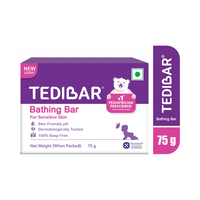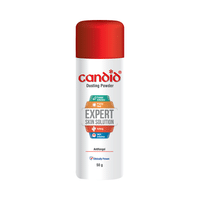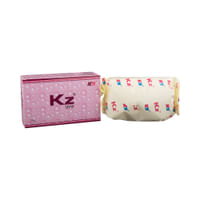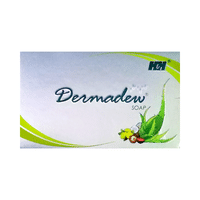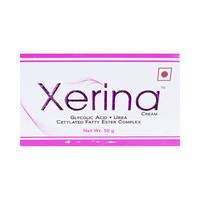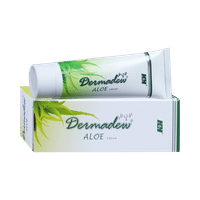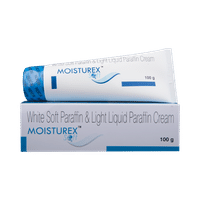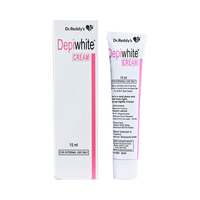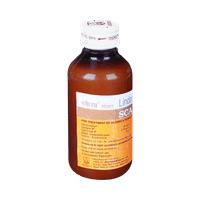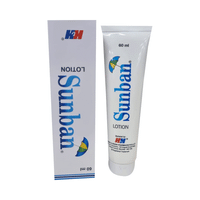Benoquin Cream
Rs.723for 1 tube(s) (30 gm Cream each)
Available in other variants
food interaction for Benoquin Cream
alcohol interaction for Benoquin Cream
pregnancy interaction for Benoquin Cream
lactation interaction for Benoquin Cream
medicine interaction for Benoquin Cream
food
alcohol
pregnancy
lactation
medicine
No interaction found/established
No interaction found/established
Benoquin Cream may be unsafe to use during pregnancy. Although there are limited studies in humans, animal studies have shown harmful effects on the developing baby. Your doctor will weigh the benefits and any potential risks before prescribing it to you. Please consult your doctor.
CONSULT YOUR DOCTOR
Benoquin Cream should be used with caution during breastfeeding. Breastfeeding should be held until the treatment of the mother is completed and the drug is eliminated from her body.
CAUTION
No interaction found/established
SALT INFORMATION FOR Benoquin 20% w/w Cream
Monobenzone(20% w/w)
Benoquin cream uses
{med_name} is used in the treatment of vitiligo.
How benoquin cream works
Benoquin Cream is a depigmenting agent. It works by increasing the elimination of melanin (skin darkening pigment) from skin cells. This helps lighten the skin in vitiligo.
Common side effects of benoquin cream
Application site reactions (burning, irritation, itching and redness)
SUBSTITUTES FOR Benoquin Cream
2 Substitutes
2 Substitutes
Sorted By
 Rs. 520save 30% more per gm of Cream
Rs. 520save 30% more per gm of Cream Rs. 320save 36% more per gm of Cream
Rs. 320save 36% more per gm of Cream
Expert advice FOR Benoquin Cream
- Monobenzone helps lighten the skin in people with vitiligo.
- It may take up to 4 months to complete treatment. Keep using the medication as prescribed.
- Apply it in a thin layer to the pigmented areas of skin and rub in gently.
- It can make your skin more sensitive to sun. Use sunscreen and protective clothing when outdoors.
- It may also cause changes in the color of your untreated skin. Talk to your doctor if this bothers you.
- Inform your doctor if your condition does not improve after 1 month of treatment.













